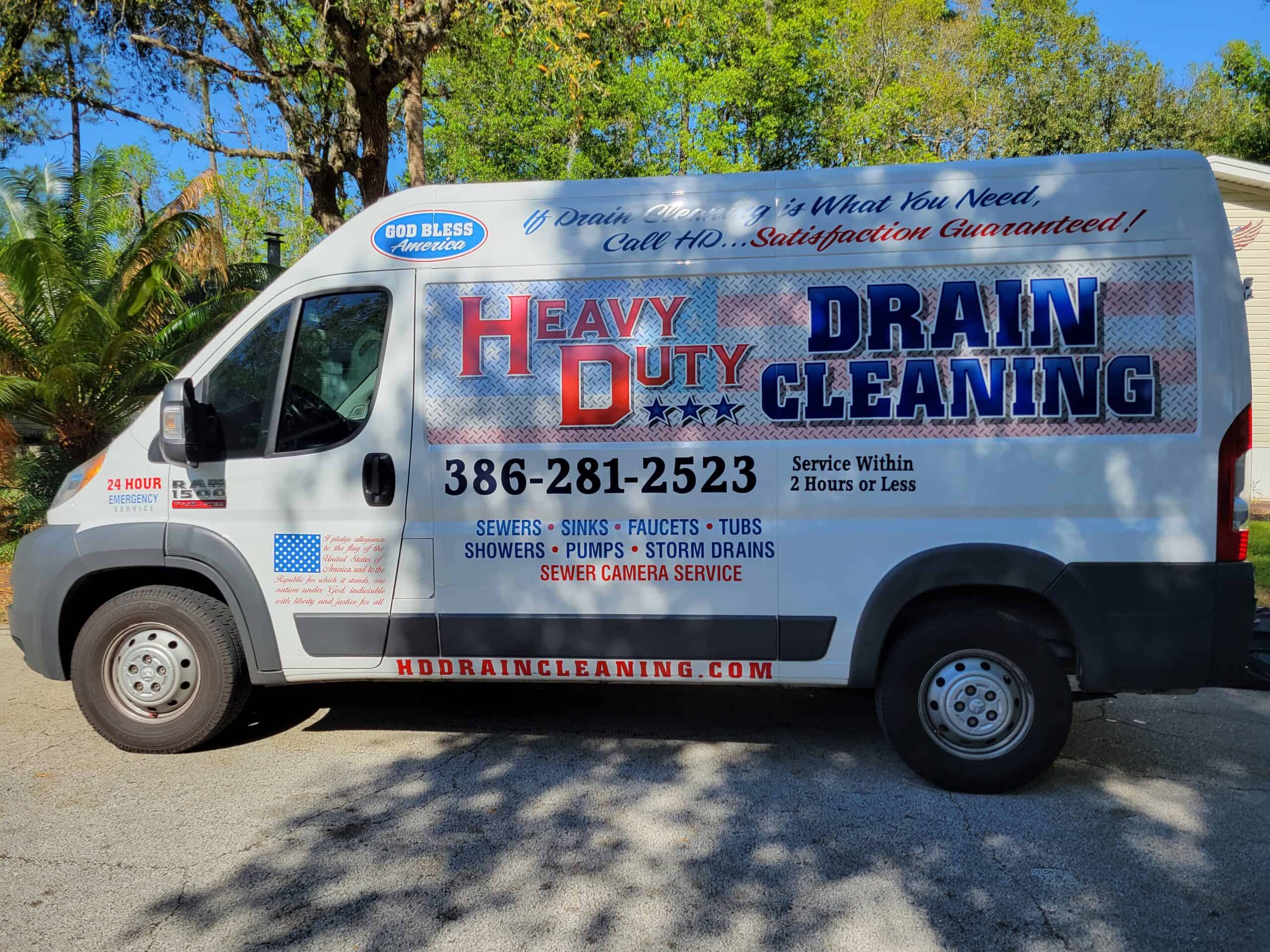Imagine turning on your faucet only to find no water flowing. It’s frustrating and can disrupt your entire day. Understanding why water isn’t coming out of your faucet is crucial, whether it’s a sudden outage or a slow decline in water pressure. This blog will explore the most common causes, provide actionable solutions, and address frequently asked questions. Let’s dive in!
Introduction: Why This Issue Demands Your Attention
Having water stop flowing from your faucet can be a minor inconvenience to a severe plumbing issue. It could indicate anything from a simple clog to a significant problem with your home’s water supply system. Knowing how to troubleshoot the problem can save you time, stress, and money. Let’s look at the possible causes and solutions.
Body: Common Causes and Solutions
- Clogged Aerator or Faucet
A clogged aerator is one of the most common reasons for low or no water flow. Minerals, debris, and sediment can build up over time and block the faucet head.
- Solution: Unscrew the aerator and clean it using vinegar or a small brush. If cleaning doesn’t resolve the issue, replace it.
- Pro Tip: Regularly clean your faucet aerators to prevent buildup.
- Closed or Partially Open Water Valves
Sometimes, the water shut-off valve under your sink or the main valve may be accidentally closed or partially open.
- Solution: Check the shut-off valve and ensure it’s fully open. If you recently had maintenance work done, verify that the main valve was restored correctly.
- Frozen Pipes
Water pipes can freeze in colder climates, especially if they’re poorly insulated. Frozen pipes can block water flow and, in severe cases, cause pipes to burst.
- Solution: Gently warm the pipes using a hairdryer or heating pad. Avoid open flames, as they can damage the pipes.
- Pipe Leaks or Bursts
A leak or burst pipe can divert water from your faucet, leading to low or no water flow. This issue often causes water stains or puddles around your home.
- Solution: Inspect visible pipes for leaks or damage. Call a professional plumber to handle major repairs and minimize water waste.
- Faulty Faucet Cartridge
A faulty cartridge in modern faucets can block water flow. This component regulates the mix of hot and cold water; any malfunction can stop water entirely.
- Solution: Replace the cartridge. Consult your faucet’s manual or seek professional assistance for replacement.
- Water Supply Issues
Sometimes, the issue lies beyond your home. Local water supply interruptions due to maintenance or repairs can affect water flow.
- Solution: Contact your local water utility company to check for outages or maintenance work in your area.
- Pressure Regulator Malfunctions
A defective pressure regulator can reduce water pressure significantly or block flow altogether.
- Solution: Test water flow in multiple faucets. If the issue persists, have a licensed plumber replace the pressure regulator.
- Corroded Pipes
Over time, metal pipes can corrode, narrowing the pipe diameter and restricting water flow. This is more common in older homes with galvanized steel pipes.
- Solution: Inspect your pipes for signs of corrosion, such as rust or discoloration. Replacing corroded pipes is a job best handled by a professional plumber.
- Airlocks in the Pipes
Airlocks can occur in plumbing systems, especially if your water supply was recently turned off and on.
- Solution: Open all faucets in your home, starting with the lowest and working your way up to the highest point. This helps release the trapped air.
- Water Heater Malfunction (for Hot Water)
If only hot water is affected, the problem could lie with your water heater. Issues like sediment buildup or a broken heating element can disrupt hot water flow.
- Solution: Flush your water heater to remove sediment, or call a professional to inspect the unit. Regular maintenance can prevent future problems.
FAQs: Quick Answers to Common Concerns
- How Can I Tell if My Pipes Are Frozen?
Look for signs like no water flow in certain areas, frosty or bulging pipes, or strange noises when you turn on the faucet.
- Can a Faulty Faucet Cause This Problem?
Yes, a damaged or clogged faucet cartridge can block water flow entirely. Replacing it usually solves the issue.
- What Should I Do if the Problem Persists?
If you’ve tried all basic troubleshooting steps and still don’t have water, it’s time to call a professional plumber.
- Is It Expensive to Replace Corroded Pipes?
The cost varies depending on the extent of the corrosion and the type of pipes used. However, replacing pipes is an investment that improves your home’s plumbing system and prevents future issues.
- How Can I Prevent This Problem in the Future?
Regular maintenance, including flushing your water heater, cleaning aerators, and inspecting pipes, can help prevent water flow issues.
Conclusion: Take Action Today
When water stops coming out of your faucet, it’s essential to identify the root cause quickly. Whether it’s a simple fix like cleaning an aerator or a more complex issue like corroded pipes, addressing the problem promptly can save you time and money. Remember, regular maintenance is critical to avoiding plumbing mishaps.
HD Drain Cleaning is here to help if you’re facing persistent plumbing issues. Our experienced team specializes in faucet repair, pipe inspections, and water heater maintenance to ensure your home’s plumbing runs smoothly.
📍 Address: 39 Big Bear Path, Ormond Beach, FL 32174
📞 Phone: +1 (386) 281-2523
Contact us today for professional plumbing solutions tailored to your needs!

